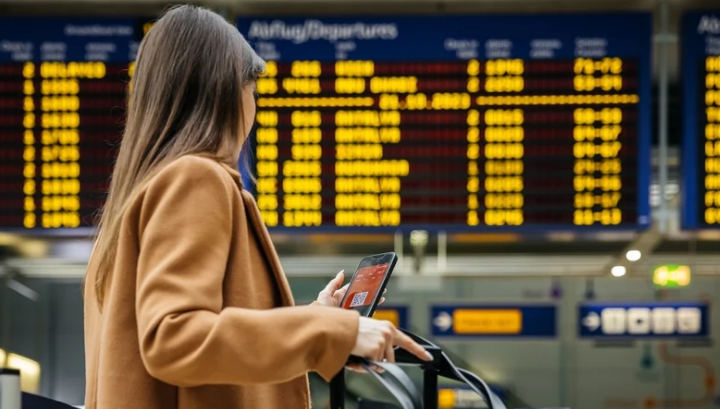Irish travel to the United States is witnessing a notable decline in 2025, as growing numbers of students, business professionals, and minority groups rethink transatlantic trips amid rising concerns over political and social conditions in the US. The drop, part of a wider global trend, reflects a fundamental shift in how travellers assess risk — with emotional and cultural factors now playing a central role.
According to travel industry reports, Irish visits to the US have fallen sharply in recent months, echoing global figures that show a more than 10% decline in international arrivals to the country in March alone. While cost and security are traditionally major drivers of such trends, this latest decline appears to be rooted in how the US is perceived — both symbolically and experientially — by would-be visitors.
Issues cited by Irish travellers include political polarisation, gun violence, anti-LGBTQ+ legislation, and social unrest. Importantly, many of these concerns relate less to direct physical threats and more to feelings of discomfort, misalignment with personal values, and anxiety over how they may be treated.
“People are saying it just doesn’t feel safe — not because they expect violence, but because the experience feels emotionally taxing or unwelcoming,” said a representative from a Dublin-based travel agency. “We’re seeing student groups canceling J1 plans, and professionals avoiding US-based conferences.”
A report by the Irish Examiner highlighted growing scrutiny at US borders, with some Irish citizens reporting invasive screening practices, including being asked to unlock their phones and show social media content. Such encounters, while not physically harmful, have led to what some describe as an “emotional tax” — a cognitive burden that deters travel even when physical risk is low.
This evolving definition of risk — one that includes dignity, psychological safety, and identity — is beginning to reshape the travel industry. At Dublin City University, a project named Kowroo, developed with support from Enterprise Ireland, is pioneering a new model for assessing travel safety. Instead of static advisories, Kowroo provides personalised, real-time risk assessments tailored to individual travellers and circumstances.
This shift marks a broader generational change in how people evaluate destinations. Younger travellers, in particular, are avoiding locations — including certain US states — that they view as politically or socially regressive. In some cases, decisions to skip trips are seen not only as a safety measure, but as a quiet form of protest.
“The landscape of travel is changing,” said one travel analyst. “It’s no longer just about avoiding physical harm. It’s about emotional wellbeing, cultural alignment, and the right to feel safe and respected while exploring the world.”
As this new understanding of travel risk gains traction, destinations and policymakers alike may need to reckon with the growing importance of how a place feels — not just how it ranks on a traditional safety scale.

















